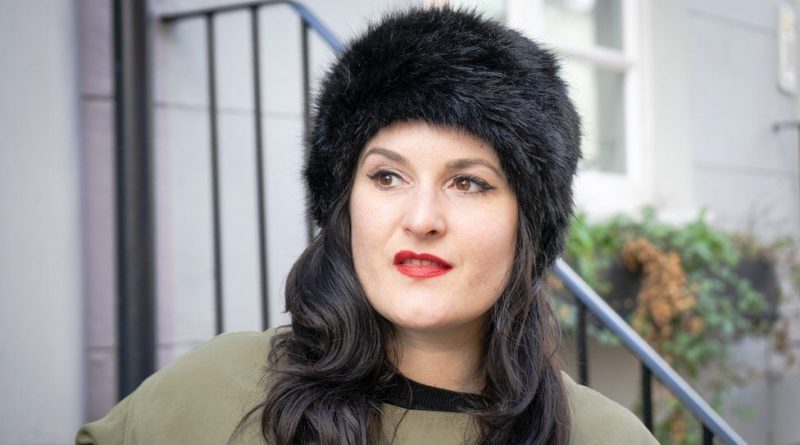Can tech help you to manage the cost of living?
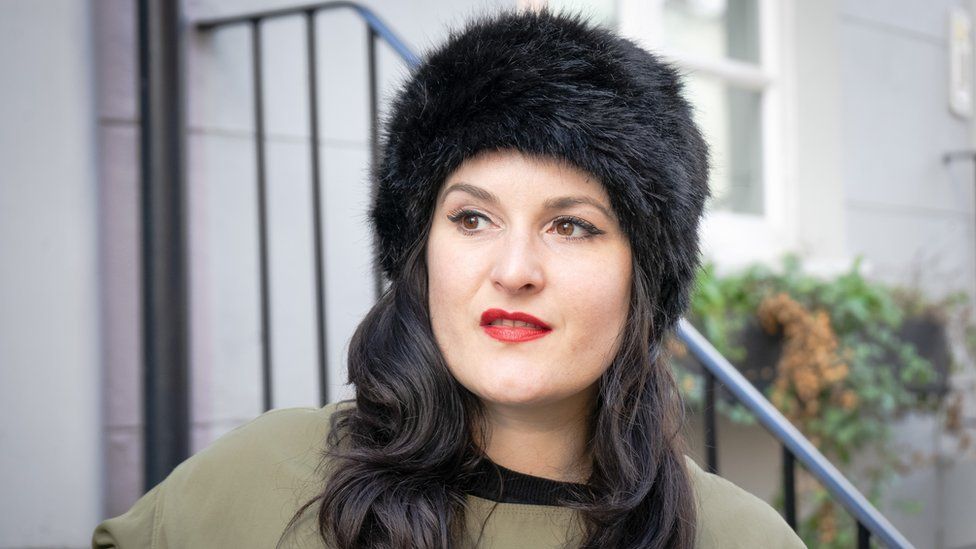
Kerri Layton is a professional jazz musician, agent and performing arts industry coach.
But when the pandemic hit, her work vanished.
“I lost my income overnight. Debt snowballed,” says the 36 year-old from Kent. “I had to decide whether to heat the house, eat or save my business. It was a really tough time.”
To help get her finances back on track she uses a suite of apps to organise her finances.
An income tracking app monitors all the money coming in which, she says, helps her appreciate every penny.
She uses the savings features, also known as envelopes, on banking apps to put money aside.
“I automatically assign a job to each pound, separating it into various envelopes. It’s an old-school system that our grandmothers used to use. It’s been a game-changer for keeping on top of my finances.”
Her spending is monitored with an app called You Need a Budget and another app helps her payoff debts.
“I’ve paid off over £12,500 using these apps. And I’ll continue to use them as I rebuild my savings,” she says.

Juggling several apps is probably not for everyone. But with a sharp rise in the cost of living hitting households, many of us might be paying particular attention to our finances.
The Resolution Foundation forecasts that a typical household’s income will fall by about £1,000 this year once the effect of inflation is accounted for.
That would be the biggest real-terms fall in incomes since the mid-1970s, it says.
So, it’s probably not surprising that personal finance apps are becoming more common.
Google data show the average smartphone user has two to three finance apps installed and 73% used tech to manage their finances in the past month.
From budgeting to trading, there is an app for every aspect of money management.
“In the past, I was in £40,000 worth of debt,” says Maddy Alexander-Grout. “I felt really alone. I imagine many others are feeling like that right now.”
Ms Alexander-Grout got herself out of debt with a strict budget and by making spending cuts.
“I swapped branded food for cheaper alternatives, used cashback apps and allocated every pound to set goals.”
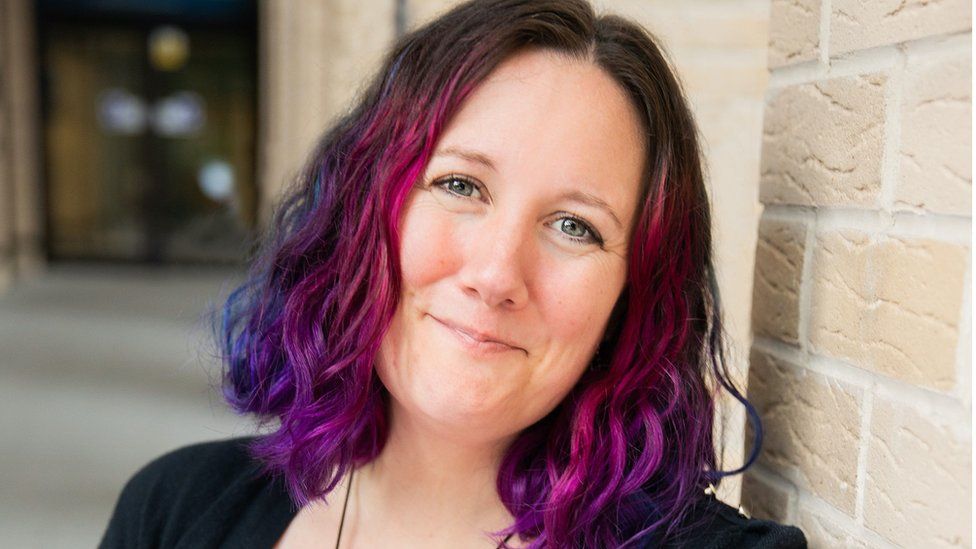
In 2018, Ms Alexander-Grout set up personal finance app, My VIP Rewards in order to help others who were struggling.
Users of the service buy vouchers at a discounted price for use on everyday spending like supermarket shopping, cinema trips or gym membership.
“By using our vouchers in place of cash,” she says, “it helps people to budget. And they save when they purchase too.”
Newer banks, including Monzo and Starling, provide basic money management tools as standard and also have online banking features which allow customers to monitor their spending and save.


Those features can be helpful, particularly for anyone who finds themselves on a financial roller coaster says 42-year-old business coach, Helen Pritchard.
Following the 2008 global financial crisis, Ms Pritchard a Warrington-based mother of two was left heavily in debt and divorced.
“I barely opened my post. It spiralled out of control because I was in denial,” she says.
She eventually got herself back on her feet and fast forward to 2020 and uptake of Ms Pritchard’s online training sky-rocketed, only for sales to then dive in 2021. During the pandemic, she moved house and got engaged to be married.
“There’s been a lot of financial upheaval for sure!” she says.
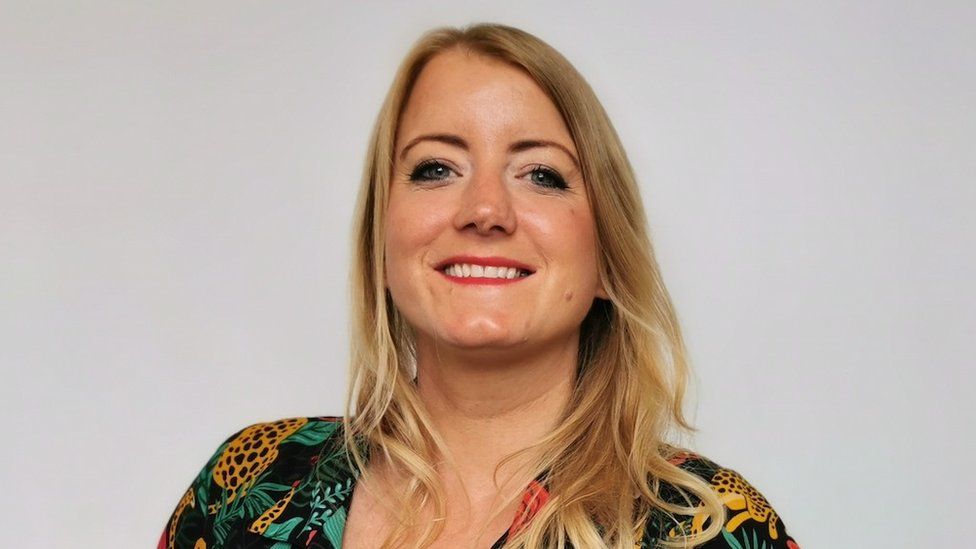
Ms Pritchard says tech has changed the way she manages her own and her family’s money.
She now checks her personal banking apps every day, her children use kids’ financial learning app GoHenry,
Notifications from the Starling app allow Ms Pritchard and her fiancé to keep tabs of their mutual spending in real time, and monthly insights help them keep track of the big picture.
“It makes me feel in control to see where my money is,” says Ms Pritchard. “I’ll always use apps – and I encourage my children to use them too.”
“People have more control over their finances than would have been possible 10 or 20 years ago,” says Sara Davies, Senior Research Fellow at the Personal Finance Research Centre, University of Bristol.
Such features are particularly helpful for customers with irregular or unpredictable earnings, by making it easier to monitor income and expenditure, and by helping people to practice good money habits.
“It’s good if you are tech savvy – so for low or insecurely paid young workers – but less so if you are a pensioner on a low income,” she adds.
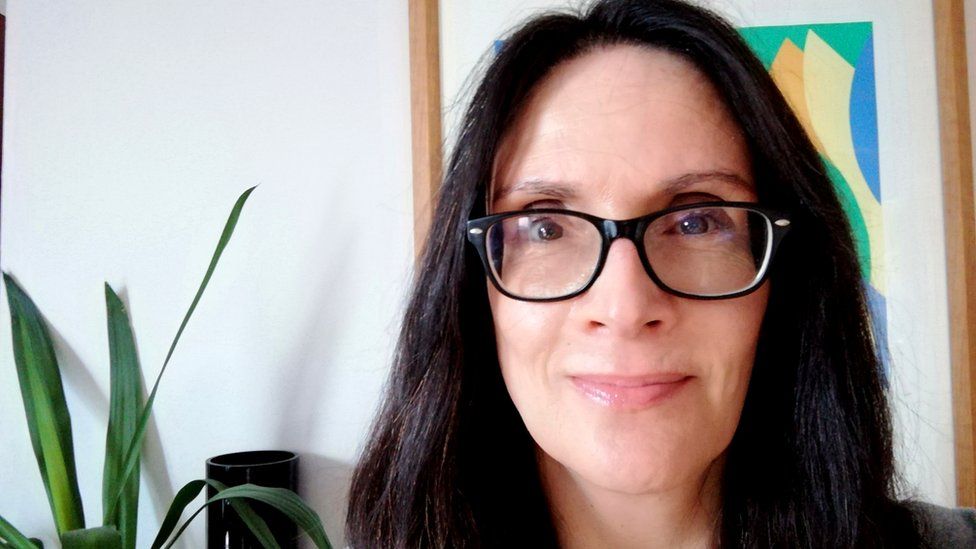
But Ms Davies is concerned that the hype around fintech (financial technology) may be masking the issue of inadequate incomes.
“No tool can help you juggle a budget that just isn’t big enough,” she points out.
She argues that in fact, the new era of banking apps might be making the situation worse for some people – by making it easier for them to borrow.
There is some evidence from the US that customers of fintech firms get into more trouble than people borrowing from traditional banks.
Experts at Harvard Business School say fintechs tend to attract loan-seekers with a higher propensity to spend beyond their means, sinking further into debt.
They found that fintech borrowers only end up partially consolidating their debts. A few months later, they turn back to their original credit cards for spending – but then they have to repay both the credit card debt and the loan combined.
However, back in Kent, Ms Layton argues: “For anyone trying to get on top of their money, fintech apps can support your journey to a healthier bank balance and lifestyle.”
Ms Layton now teaches the business of show business, helping creative people to manage and increase their incomes.
“I love checking my progress now. That’s not something I ever thought I’d say! But it’s such an integral part of my life and business. Working with these apps is easy – even enjoyable.”

